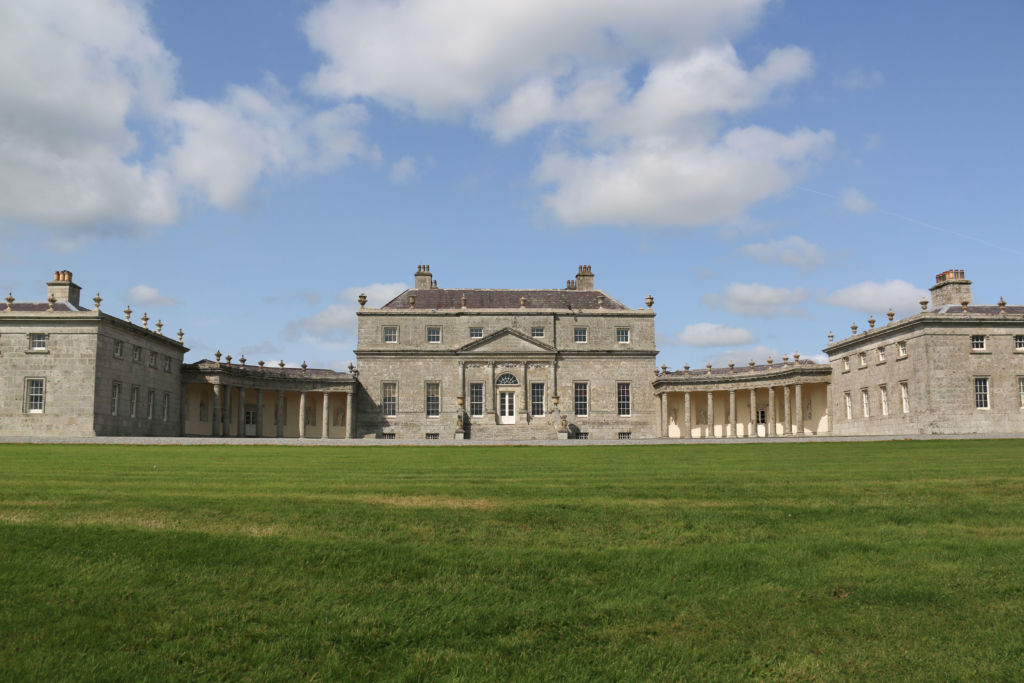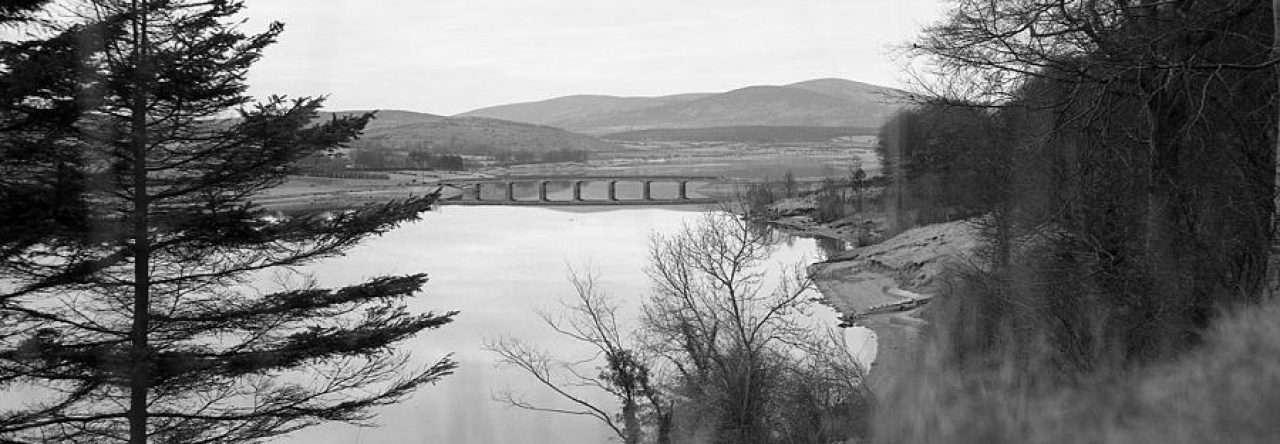(1767 – 1835)

Brice Leeson, 3rd Earl of Milltown, had three sons namely Joseph, heir to Russborough, John whom we write about and Robert. Like many of the family Joseph (1766 – 1800) died young, but not without a son, another Joseph, who succeeded Brice as Earl of Milltown at eight years of age. This profligate Joseph we know a lot about from the diaries of Elizabeth Smith of Baltiboys and his squandering of the Family and his wife’s resources. John had missed out and would have to make his own way in the world. To enable him to do this he was educated. There were few career opportunities for such as him; the church, the army or the law. The latter was chosen and he qualified as a barrister.
John came very much into prominence in the lead up to the rebellion of 1798 and in the rebellion itself. In the world of the late 18th Century ideas of freedom and some level of fair play for all came into being. It is difficult to understand how people in privileged positions would want equality for all, which would do away with their exalted rank in society. Yet this is most definitely what Lord Edward Fitzgerald, brother to the Duke of Leinster, wanted. What was to happen to their beautiful residences and lands. How would they make a living? The Leesons were dallying with rebellion and were sailing close to the wind but stayed that bit back, far enough to evade prosecution. Of course they did think there was a chance that the Rebellion could succeed, and they wanted to be part of the new order if it did.
In the 1770’s the American colonists resented the taxation imposed on them by the mother country. They rebelled, made the great Declaration of Independence and fought for some years to bring it to fruition. Their democracy was an example for down trodden people everywhere. In 1789 France picked up the baton in their ideals of “Liberty, Equality and Fraternity”. From now on in France every man, even the down and out would be ‘messieur’ and every woman would be ‘madame’ or ‘mamselle’. I remember my first time in France, in the late 1950’s coming across this Egalite in a French restaurant. A middle aged man, poorly dressed, and certainly not up to the standard of the middle class patrons within, made his way in. Nevertheless, ‘Messieur’ was politely shown to a table and given his glass of wine. In England he would, most assuredly, have been shown the door; in Ireland too.
The liberal Lord Fitzwilliam became Viceroy of Ireland in the year 1795, but because of his sympathy for Catholic rights he was swiftly recalled. Many of the landlords of Wicklow had agreed with the stance taken by Fitzwilliam. They got together and delegated two representatives to petition King George to express their disapproval. One of these delegates who travelled to London was John Leeson of Russborough. He was obviously held in high esteem by the Wicklow landlords. Later on in 1797, John’s brother , the Earl, gave a speech in Dublin’s Royal Exchange forthrightly condemning the forthcoming Union of the Irish Parliament with that of Westminster. Valentine Lawless, Lord Cloncurry, had chaired the meeting. For his subversive and treasonable activities Cloncurry would later spend two years in the Tower of London. Cloncurry had a close connection with the Leesons.
Another subversive with connections to the area was Archibald Hamilton Rowan. In 1784 he came to live in the not-too-distant Rathcoffey. He held land in the Two Mile House district. He was incarcerated for seditious libel and awaited his fate, which could have meant execution by being hanged, drawn and quartered – the fate of a traitor. He escaped from prison in time and made his way to Paris. Years later, having made an abject apology and a humiliating prostration, he was allowed back to his possessions in Ireland. Lord Edward Fitzgerald was, of course, the most eminent revolutionary in the general area. When he lay dying in Newgate Prison, just before the rebellion broke out, he wanted to make his will, and called on John Leeson of Russborough to ensure it complied with the law. Cooperation from the state was understandably absent and Leeson had to send an emissary in and out of the prison to complete matters.
Let us turn now to the Smith family of Baltiboys. The Graydon family had amassed much property around Baltiboys and Russborough after Cromwell’s time. A Smith had married into the Graydon family and because of this union Squire John Smith had inherited some of the Graydon lands. He had made his last will and testament in the year 1785. He died in 1790 and his will was probated in 1791. It makes for very interesting reading indeed. In it he refers to his two young sons, John aged 7 and Henry aged 5. Their mother was Jane Carney, now deceased. Because his sons were illegitimate Squire John was worried that they could not inherit the Smith estate at Baltiboys and other property. In instances where there was a male entail only a legitimate male could inherit. As it turned out John did inherit and later on Henry did.
Who was this Jane Carney? There is no record to be found of her anywhere. Her name does not appear in the records of St Mary’s Church, Blessington. She was not a member of any known gentry family. However, here was a Carney family living on the Smith estate near the house. They were Catholics and reasonably prosperous. It is not unreasonable to propose that young Jane was a member of that family and that she went to work in the Big House, and, as was not uncommon at the time, developed a liaison with the master. He was ‘getting on’ at the time, was lonely and was taken by this attractive and pleasing young woman. She was flattered by the attention of an important man and carried away by the fine glamourous lifestyle of the gentry.
Family lore among the Smith descendants suggests that young John fled to France around 1798 because of the dreadful murder and mayhem going on. Perhaps, instead, he fled because he had gotten himself involved in rebellious activity and feared capture and the consequences. He had never ventured back to his native home during the long years in exile from 1798 to his death in 1829. Was he ashamed and afraid to show his face in Wicklow after his activities in 1798, or did he still fear the wrath of the authorities in Dublin Castle? We may never know. His brother Henry had gone to see him in Paris in the year 1821, when he was on furlough from the East India Company. They would meet again later that year in London with the trustees of the Baltiboys estate. Matters regarding the estate needed to be settled. Henry was owed money from his father’s will of 1785; the estate was in a poor neglected state; John wanted to bequeath £1,000 each to his French mistress and her daughter in Paris. Significantly, John Leeson is a signatory of this legal agreement. Later, Henry would hand over £2,000 to two Terrand women, a mother and daughter.
John Leeson died in the year 1835 aged 68.
Any comments or questions would be welcome: To contact Jim Corley please click here

